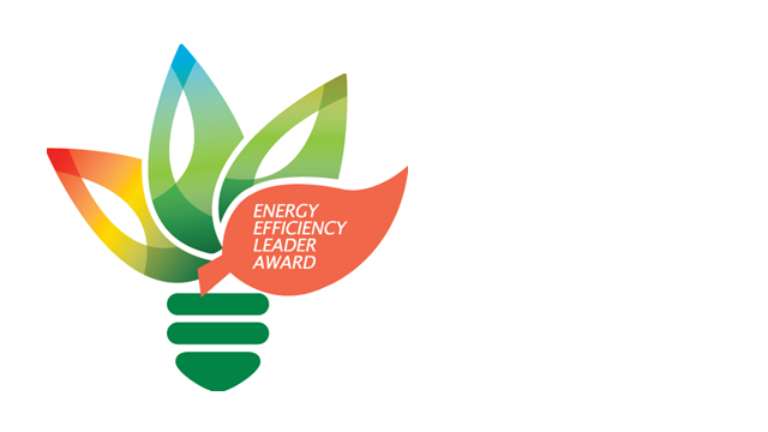High-efficiency energy improvements at Central Piedmont Community College (CPCC), North Carolina’s largest community college, are expected to reduce energy usage at least 20 percent annually while improving the educational and working environment for students, faculty and staff. The $3.6-million project, which was completed in September, was implemented during a period of significant budget cuts to address aging infrastructure, reduce energy consumption and support the long-term goal of sustainability. The improvements reflect the college’s strong commitment to sustainability, which is also evident in its curriculum offerings, including a new Center for Sustainability that focuses on student and professional sustainability education. In recognition of the college’s commitment to energy and operational efficiency and sustainability, CPCC recently received the “Energy Efficiency Leader Award” from Trane, a leading global provider of indoor comfort systems and services and a brand of Ingersoll Rand. The North American headquarters and corporate center, as well as two business sectors of Ingersoll Rand, are in Charlotte, N.C. CPCC was recognized at an award presentation on Nov. 2 at its campus in Charlotte, N.C. Ron Campbell, general manager for Trane in Charlotte, N.C., presented the award to Tony Zeiss, Ed.D., president of CPCC. “We believe investing in a high-performance learning environment plays a critical role in fulfilling our educational mission at Central Piedmont Community College,” said Tony Zeiss, president of CPCC. “These upgrades make us more fiscally efficient and further the leading role we play in preparing Charlotte and Mecklenburg County for a sustainable future.” The upgrades represent a milestone in transforming the college’s facilities into high-performance buildings that tie to the school’s educational mission. High-performance buildings take a whole-building approach to performance while creating spaces that are reliable, safe, healthy, comfortable and efficient. They meet specific standards for energy and water consumption, system reliability and uptime, environmental compliance, occupant comfort, and other factors. All standards are set to deliver established outcomes that help building owners and occupants achieve their business mission. Customized Solutions Identified In the spring of 2009, CPCC committed to being one of the first North Carolina community colleges to respond to the state mandate to achieve energy savings of 20 percent as compared to their 2006 baseline. Next, the CPCC finance and facilities groups collaborated on an energy audit to identify energy conservation measures that could increase energy efficiency. The team then used the results to develop a comprehensive plan to improve energy efficiency in the Central Campus utility plant and five other campus buildings totaling 364,315 square feet. These buildings include: the Advanced Technology Building, the Central High School building (this building functioned as a high school until 1959), the Giles Building, the Learning Resource Center and the Terrell Building. Improvements included energy efficient lighting and water upgrades. The heating, ventilation and air conditioning system upgrades included the expansion of the campus building automation system, the installation of direct digital controls, as well as the addition of variable frequency drives for more energy and operational efficiency. Tertiary hot water and chilled water pumping systems, which pump only to necessary levels when needed, were added to the central utility plant to make the Central Campus buildings more efficient. The team also outlined a delayed capital master plan to extend chilled water and hot water lines across the campus to connect the new systems to the older original campus buildings. CPCC captured significant cost savings by leveraging construction activities on the improvements. Initially, trenching was designed to handle two, small chilled water lines. Through project coordination, the work was expanded to a full utility trench and now includes two, large chilled water lines, two hot water lines, as well as the fiber-optic cable network. The anticipated savings on future construction costs are expected to be nearly $1.2 million. Additionally, lighting improvements completed as part of the project are generating rebates from the local utility. The improvements are funded with a performance contract which allows CPCC to use future energy and operational savings to finance infrastructure improvement. A performance contract is an option for funding energy-saving improvements in buildings that provides measurable business results. Facilities can leverage energy and operational savings to support their strategic educational objectives. The end result is CPCC can achieve higher energy efficiency without the need for capital funding.
Reporters may contact: Joan Schimml, (651) 260-4983, joan.schimml@irco.com. |
Infrastructure System Improvements at Central Piedmont Community College Expected to Reduce Energy Usage by 20 Percent

